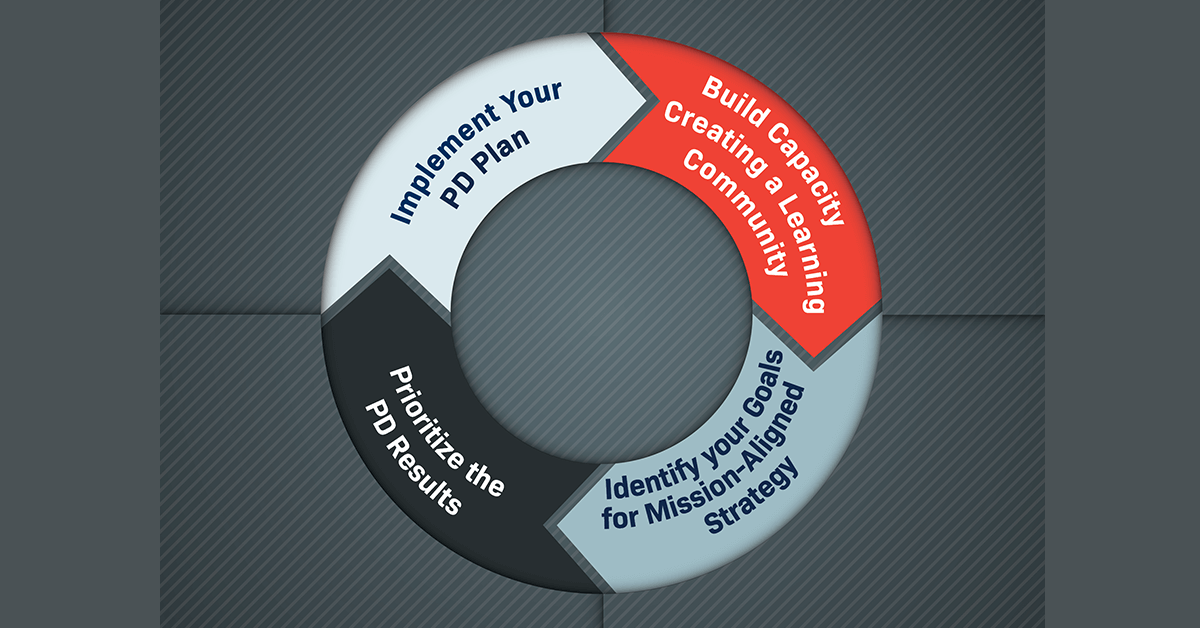In 2000, Peter Senge, of the MIT Sloan School of Management, published his fourth book, Schools That Learn. Early in the book, Senge says the following about learning communities:
The idea of a school that can learn has become increasingly prominent during the last few years. It is becoming clearer that schools can be recreated, made vital, and sustainably renewed not by fiat or command, and not by regulation, but by taking a learning orientation. This means involving everyone in the system to express their aspirations, build their awareness, and develop their capabilities together. In a school that learns, people who traditionally may have been suspicious of one another — parents and teachers, educators and local community, administrators and teachers, students and adults — recognize their common stake in the future of the school and the things they can learn from one another (Senge 5).
More than two decades later, this is what we might read from an independent school head writing to the Board of Trustees:
Last year we continued our strong commitment to faculty growth and learning through professional development at Inspiration Academy. We began the year with three days of training…



